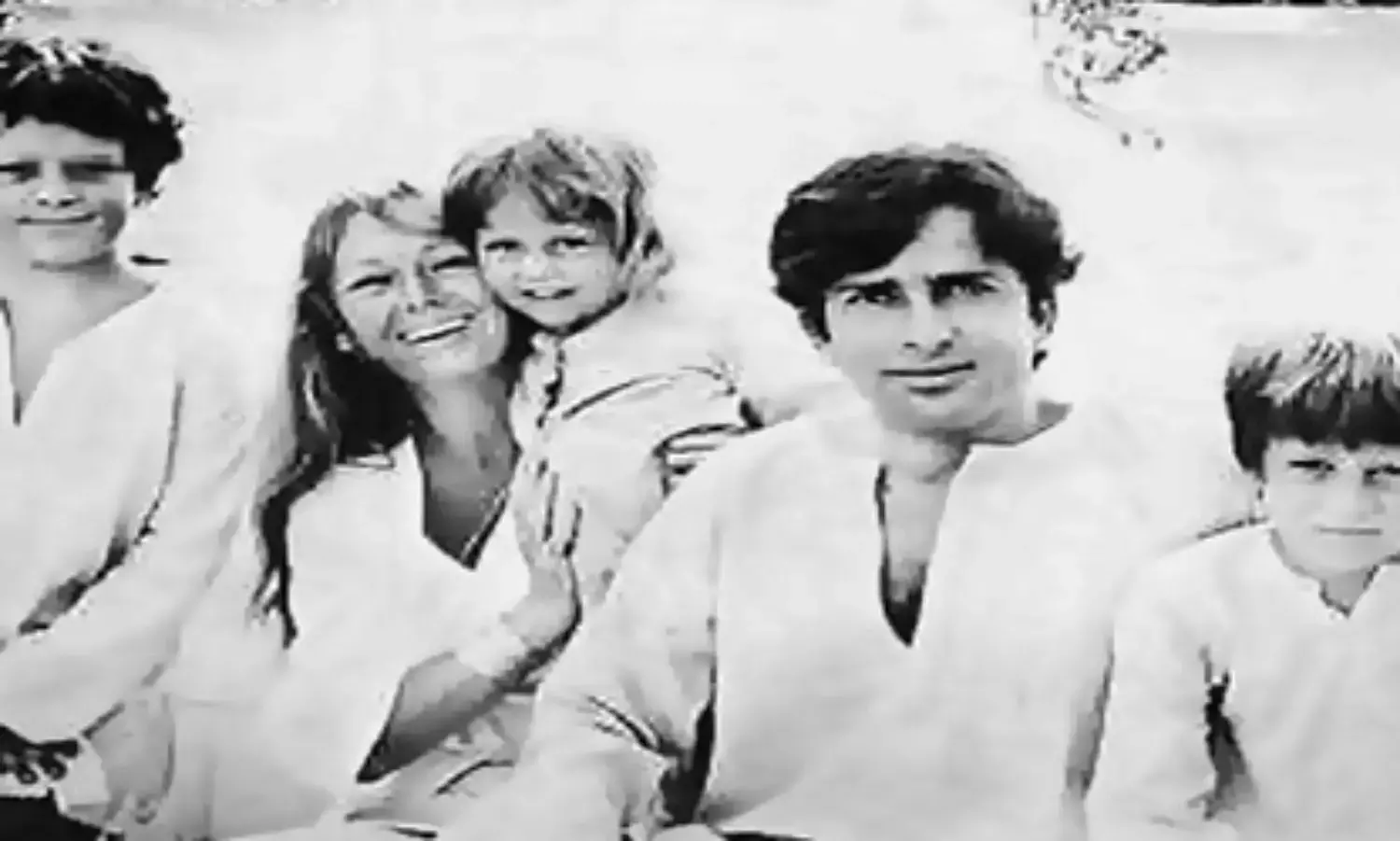Shashi Kapoor: A Legend Dies!
He had this naughty, impish charm that carried him into the hearts of his fans

Shashi Kapoor was one of the most romantic heroes in Hindi cinema whose smashing looks turned to be a deterrent for him so far as his acting talents went. So, it took many years till he finally got the National Award for Best Actor for his outstanding performance in Romesh Sharma’s New Delhi Times where he excelled in the role of an honest and objective editor who is unwittingly caught between the political conspiracies of two big wigs who use his editorial position for their own devious ends. It was a beautiful film that turned out to be a flop at the box office. He was born in Kolkata in 1938 and passed away in Mumbai yesterday of a long illness. He leaves behind his three children, Karan, Kunal and Sanjana none of who followed their parents in acting as a career.
Few are aware that Shashi Kapoor made his debut as a child actor in Raj Kapoor’s Aag (1948) and then in Awara as the younger Raj. He did his stint as child actor in several other films till he veered to theatre as he grew up. He did a child role in Sangram (1950) too. His romantic image surpassed his actor image and this brought him many parallel roles alongside Amitabh Bachchan that obviously gave Bachchan the better slice of the cake.
One of his most famous roles with Bachchan till today is Yash Chopra’s Deewar where he plays the honest police officer to his brother Vijay’s mafia king. The most memorable scene in the film is an exchange between the two estranged brothers who live separately. Bachchan tells Shashi Kapoor that what has Kapoor got in life being an honest cop – a job, a uniform a Government quarter and look at him (Bachchan). He has amassed much wealth, property. He has everything. What does Kapoor have? Kapoor retorts he has their mother!
His was a career harmoniously balanced between significant films and commercial bonanzas. He walked the tightrope very well and since he was not media savvy, he attracted the least gossip. His stint with good cinema began with James Ivory and Ismail Merchan films which opened with The Householder based on novel by Ruth Prawer Jhabwalla opposite the beautiful Leela Naidu in which they played a newly married couple trying to cope with the ups and downs of a newly formed relationship.
The Ivory-Kapoor-Merchant relationship continued with many films such as Shakespeare Wallah, Heat and Dust (1983) and several more films. Heat and Dust, based on a novel by Ruth Jhabwala that won the Booker Prize in 1975, looks at the adventures of a woman (Julie Christie), who travels to India to find more about her step-grandmother in the days of the British Raj in India. They also worked together in Bombay Talkie.
Among his commercial hits still remembered for their lilting musical scores and song numbers are - the multi-starrer Waqt, where he played the youngest son in a family that gets separated when he is a child and reunites years later, and Jab Jab Phool Khile (JJPK), where he played a simple boatman in Kashmir, who falls in love with modern miss, Nanda. Though they had acted together before in Char Diwari and Mehndi Lagi Mere Haath (1962), the two became a popular pair following the huge success of JJPK. With Sharmilee (1971) , he reached the peak of his career. The film remains a milestone in terms of music and also in terms of the intrigue created by the double role done by Rakhee. His filmography includes hits such as Sharmilee, Namak Halaal and Pyar Kiye Jaa. He was a frequent co-star of Amitabh Bachchan, with whom he starred in films such as Deewar, Shaan, Namak Halal, Kabhi Kabhie and Do Aur Do Paanch.
He also turned producer when a given script impressed him not because of its commercial value but because of the merits he saw in it. Among one of his most memorable productions is Aparna Sen’s directorial debut 36, Chowringhee Lane which bagged awards across the global map. His only historical role was in Conrad Rooks Siddhartha in which he portrayed opposite Simi and the film drew flak at the Censors because of Simi’s nude scene.
Shashi Kapoor had an impish, naughty charm about him that was tinged with an innocence that carried itself right into the hearts of the women in the audience. Other films we do not know much about are Sammy and Rosie Get Laid (1987), Jinnah (1998) and Side Streets (1998). A few years ago, he received Indian Cinema’s highest honour – the Dadasaheb Phalke Award for his contribution to Indian cinema.



